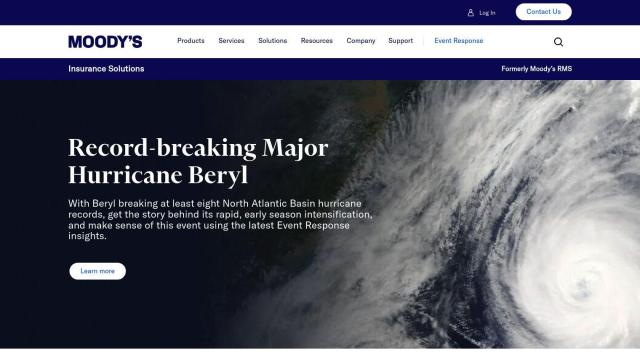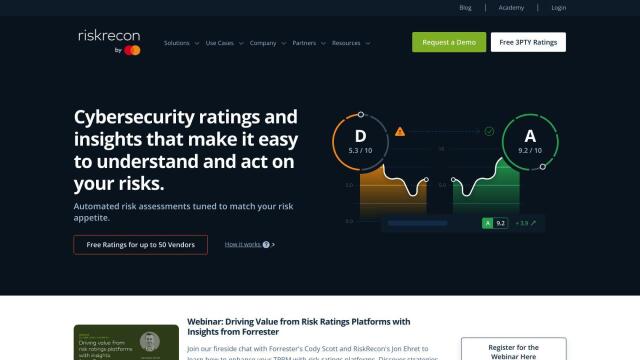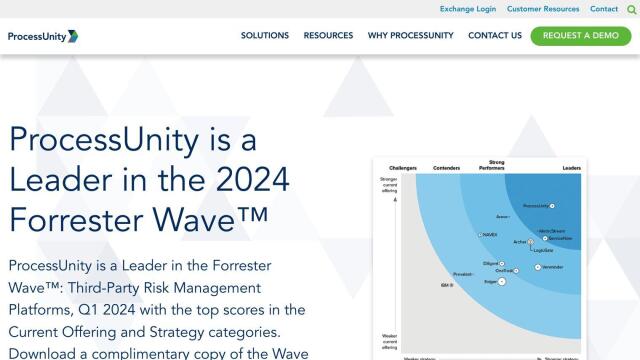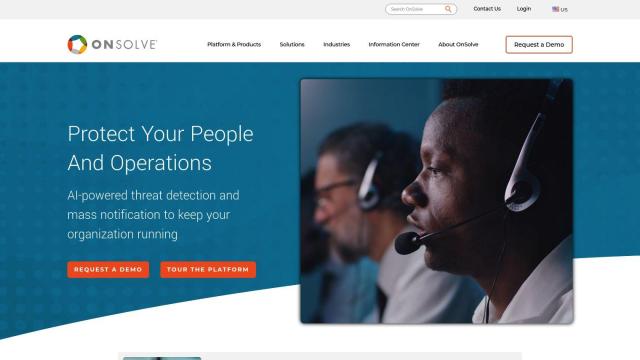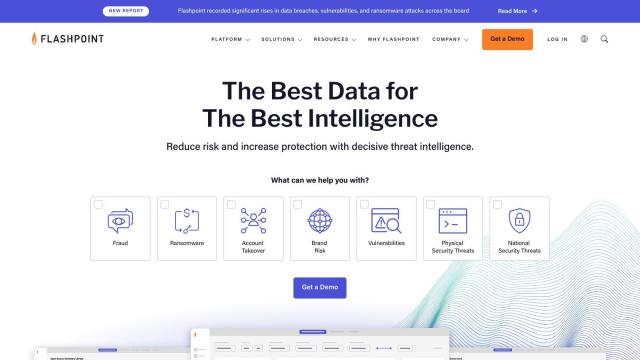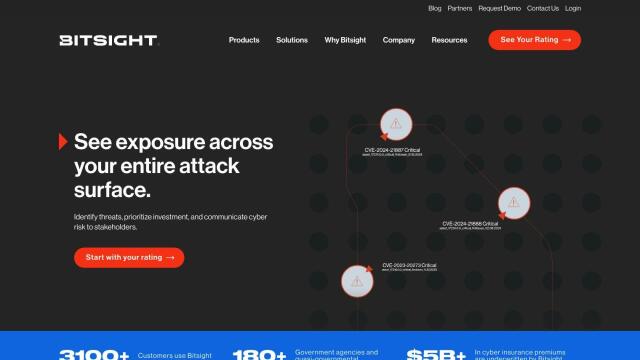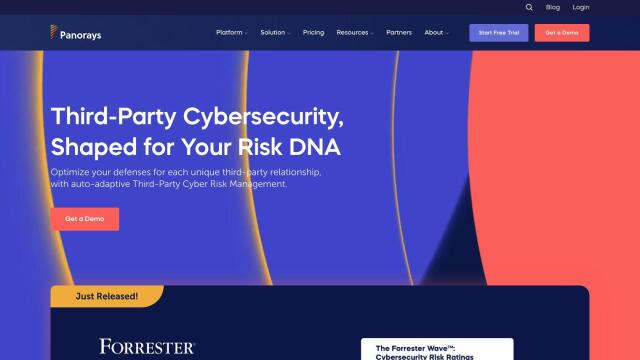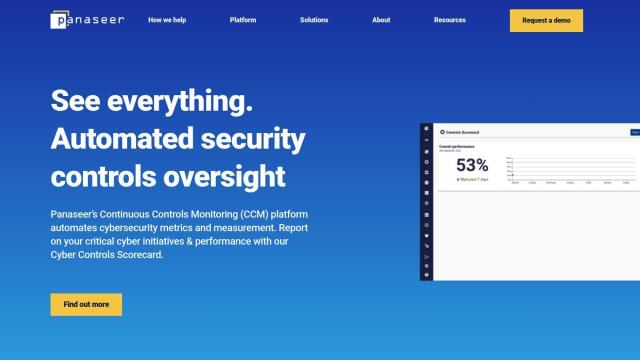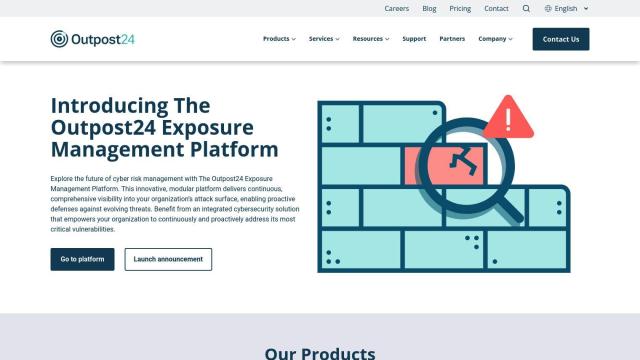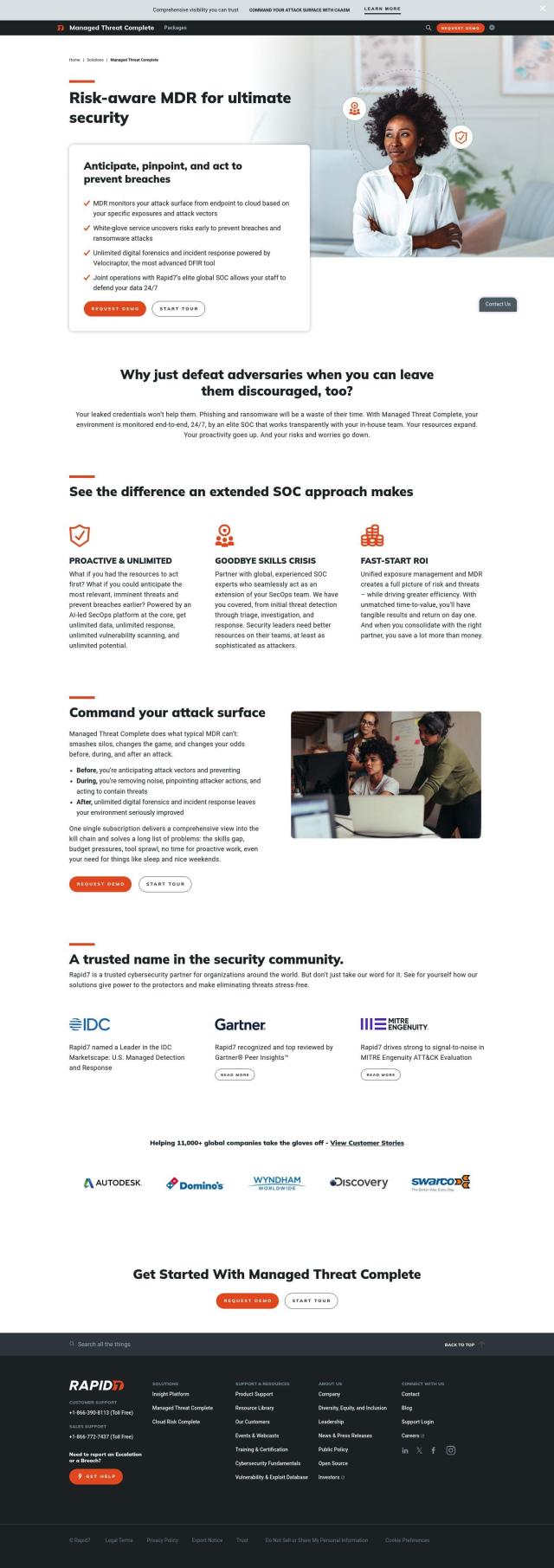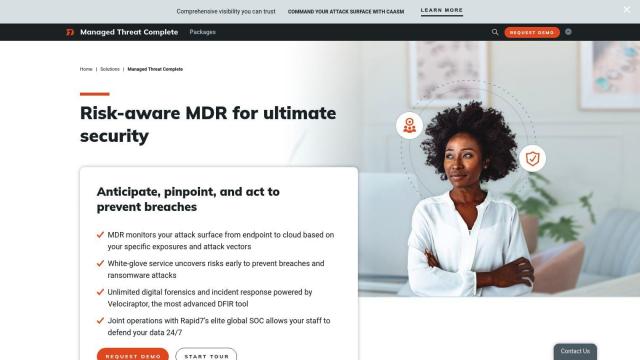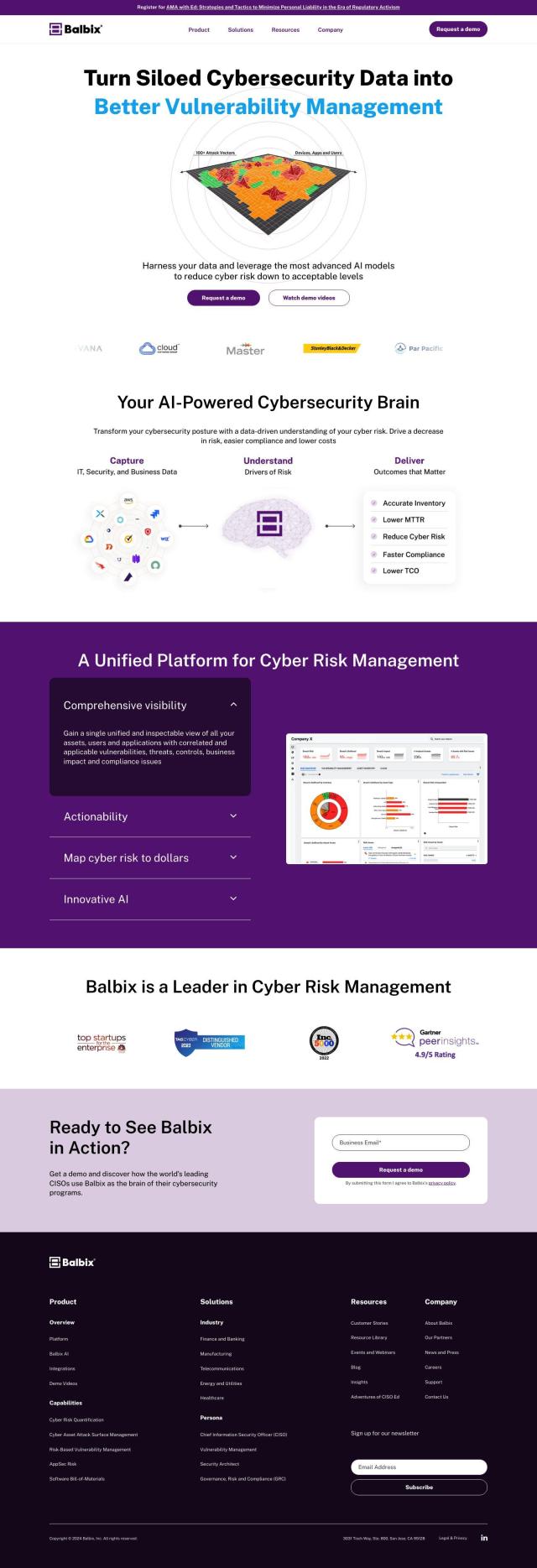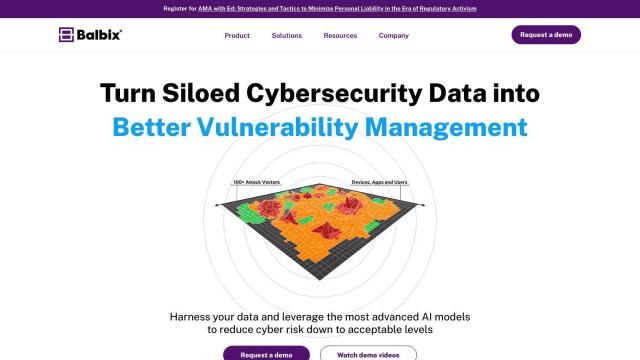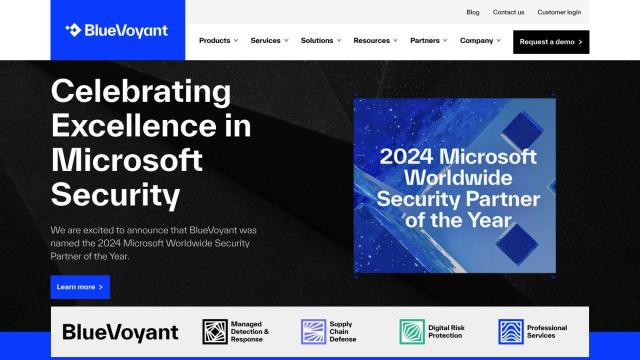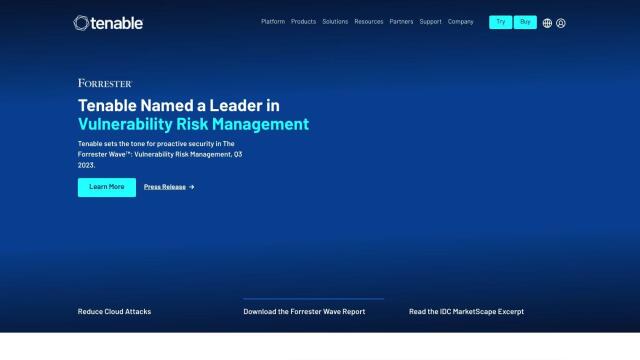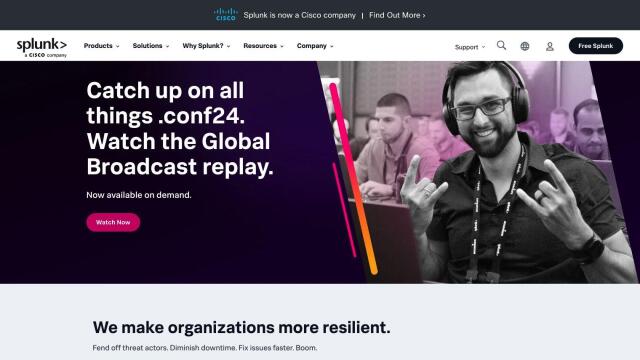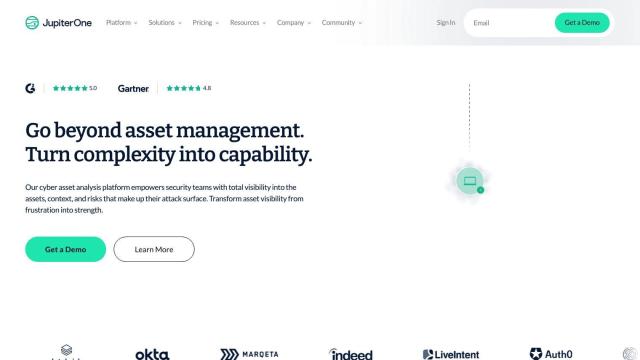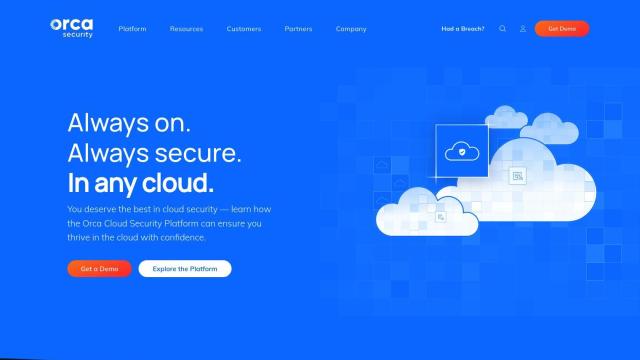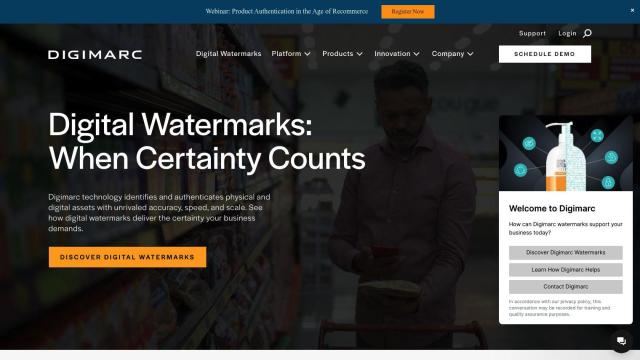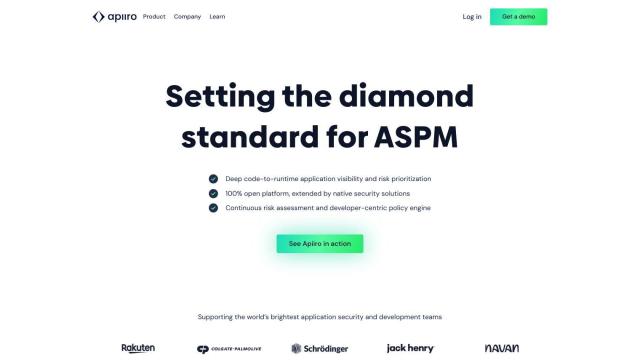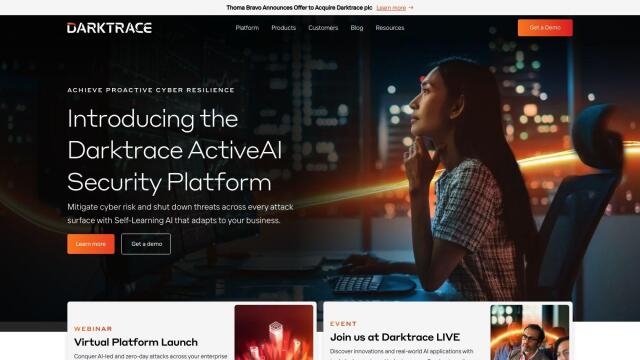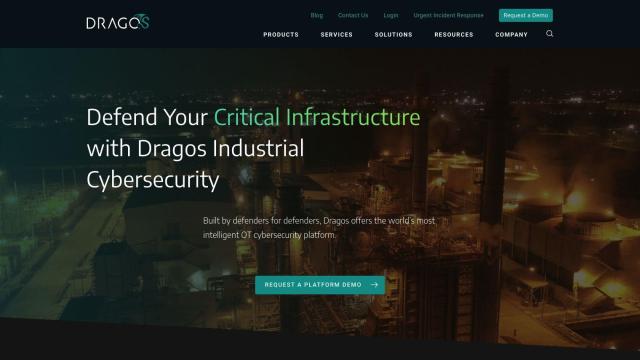Question: I need a solution that helps identify and track risks across both digital and physical domains to inform business decisions.

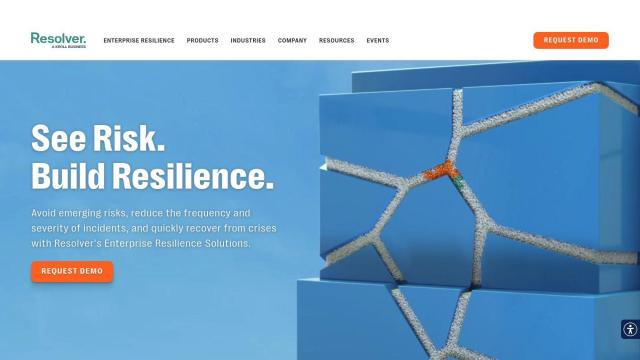
Resolver
If you're looking for a broad risk identification and tracking system that spans digital and physical domains, Resolver is a strong contender. Its Risk Intelligence platform collects and analyzes risk data from digital and physical sources, giving companies a better idea of the true business impact of risks on goals, security and brand reputation. Resolver's tools include Reveal for monitoring risk, Prioritize for data analysis and Resolve for quick response to incidents. The platform is designed for many industries and can help companies avoid losses of millions of dollars in revenue.
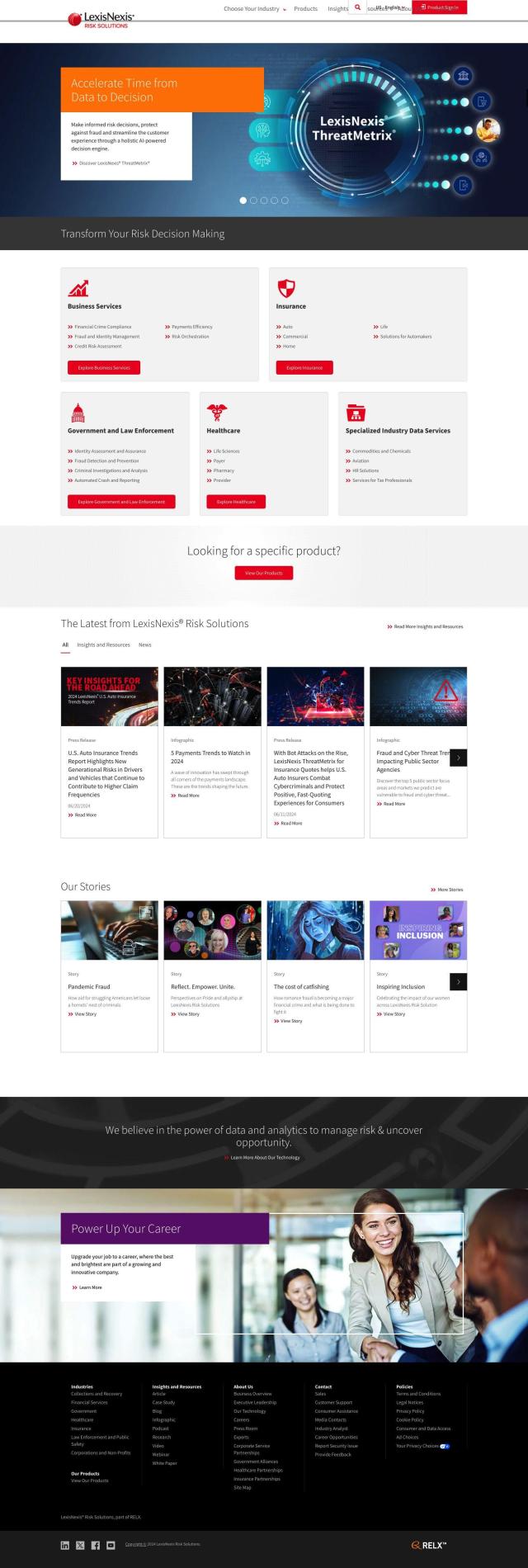
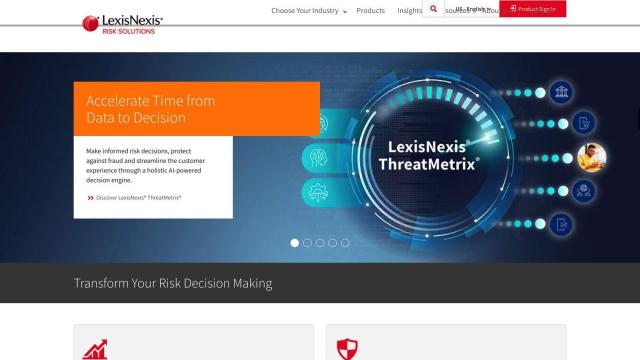
LexisNexis Risk Solutions
Another contender is LexisNexis Risk Solutions, which offers insights to companies in financial services, insurance, government and health care, among other areas. It offers a range of services, including financial crime compliance, credit risk assessment, fraud prevention and more. The company uses advanced analytics and its own large database to provide insights that help companies make better risk management and decision-making choices.
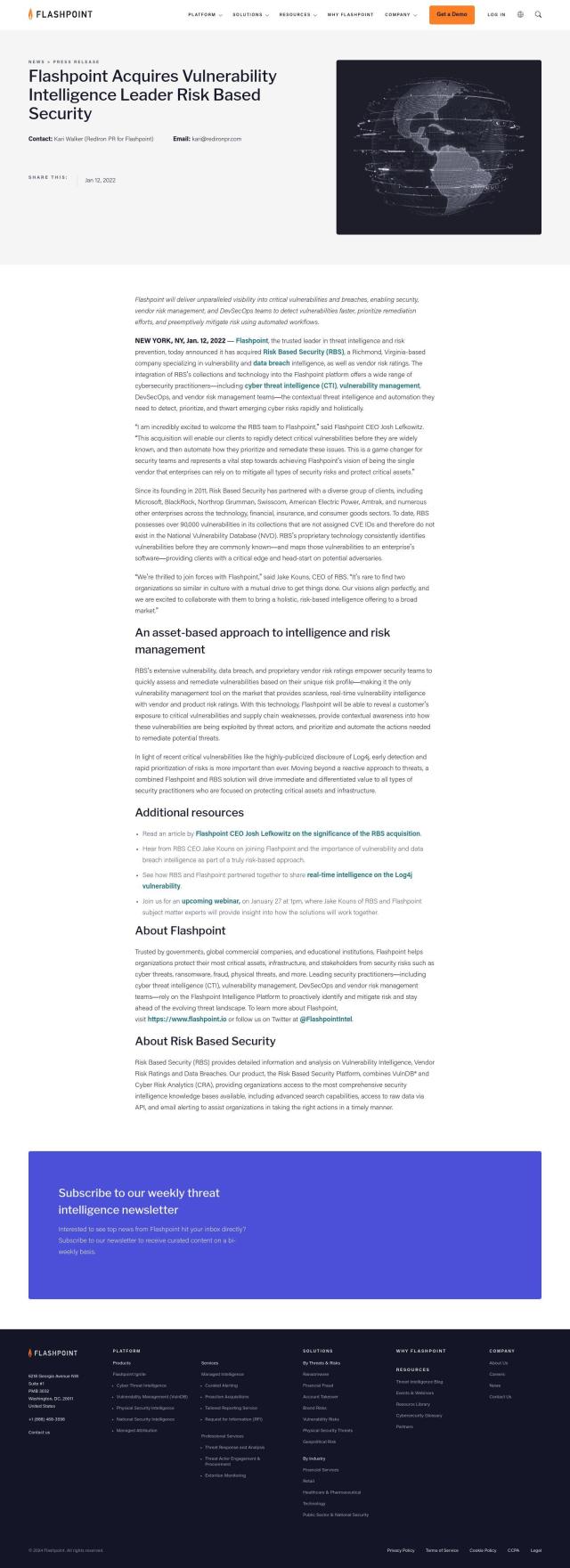
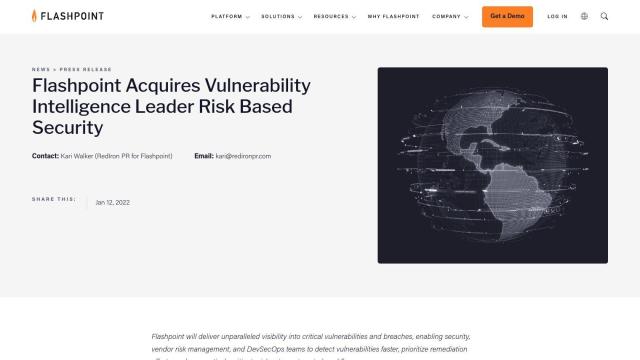
Flashpoint
If you're looking for a system that'll help you stay ahead of cyber threats and physical security problems, Flashpoint is a strong contender. It combines human intelligence with technology to identify, assess and prevent security problems. Flashpoint is designed for a variety of teams, including CTI/SOC, fraud and physical security, and is particularly useful for financial services, tech and retail.

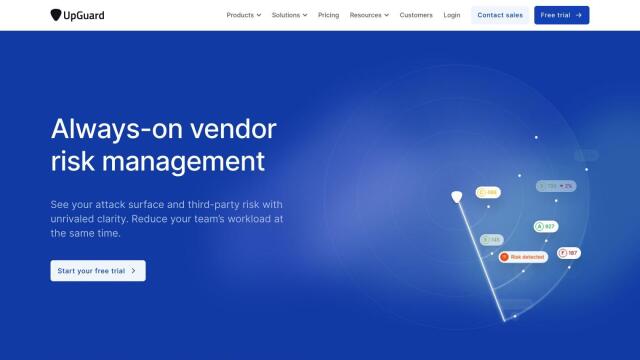
UpGuard
Last, UpGuard offers a detailed look at attack surfaces and third-party risks through continuous monitoring and real-time alerts. The system offers automated scanning, evidence analysis and questionnaire insights to help companies automate workflows and identify risks. UpGuard's real-time security ratings and reporting help companies make informed decisions, and it can be useful for risk management and compliance.

